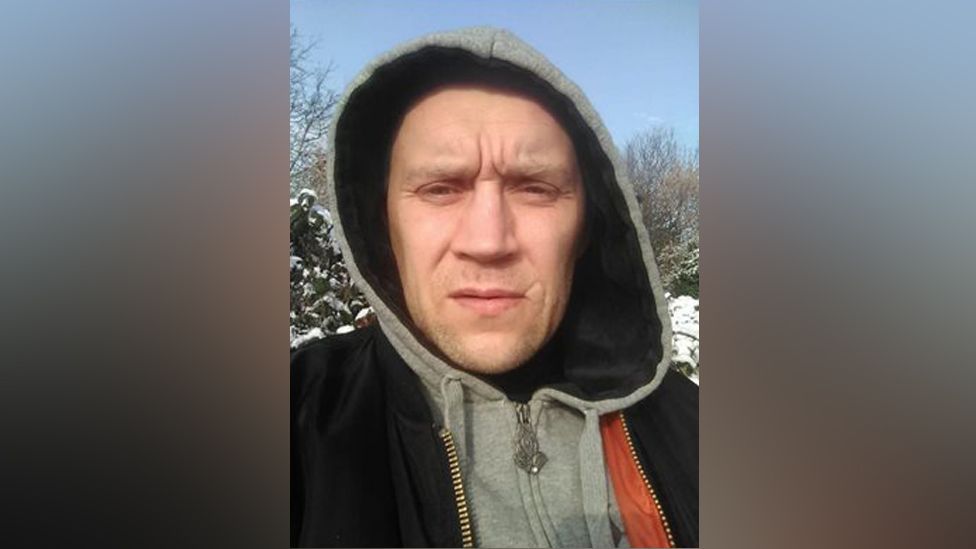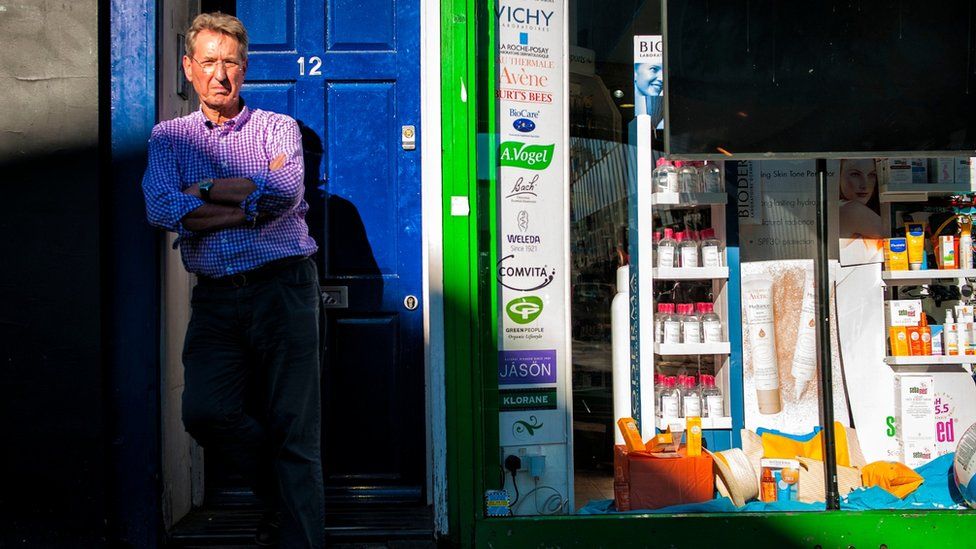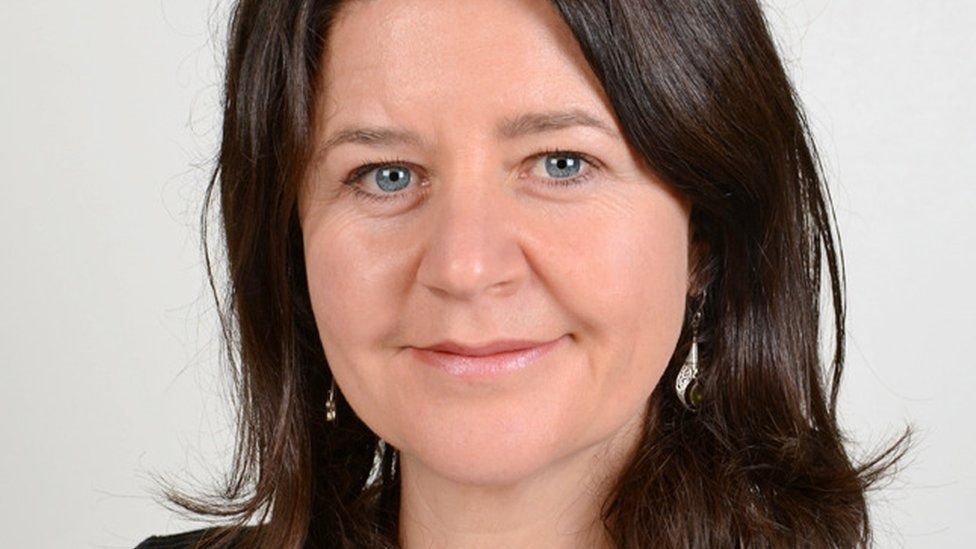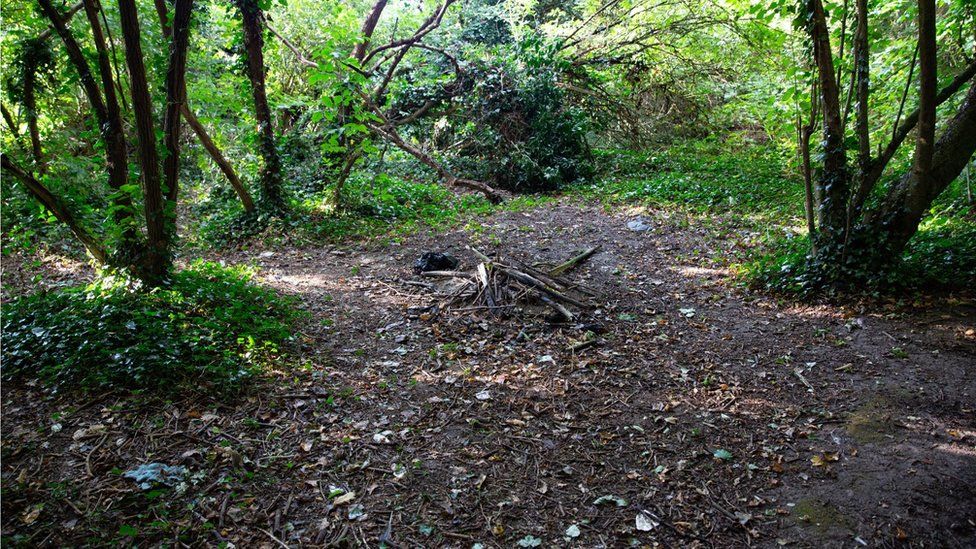A man police feared had been murdered has been discovered living in undergrowth, five years after vanishing. But why do people go missing, and how hard is it to simply disappear without trace?
Ricardas Puisys was reported missing in 2015. Friends had become concerned that they had not heard from him since he was last spotted at the leek factory where he worked.
What began as a missing person inquiry soon turned into a murder probe that even saw a man arrested.
But on Monday, Cambridgeshire Police revealed the Lithuanian national had been found alive in a wood near the town of Wisbech last month after a tip-off.


Officers say Mr Puisys, who was 35 when he disappeared, is now being protected.
They believe he was trying to hide from people exploiting him, but have not released any more information about the case.

Chip Somers understands what it is like to go missing. He spent two years living “off-grid” in west London in the 1980s, having disappeared after burgling his parents’ home to raise money for drugs.
“I think when you say you lived on the streets for two years living hand-to-mouth it sounds hard, but actually, when you’re doing it, it didn’t feel that hard,” said Mr Somers, now an addiction specialist who runs a successful therapy practice in Harley Street.
“As long as you were able to overcome the moral dilemma of theft and breaking and entering, there was plenty of opportunities to do that around here.
“There were no places where you could be caught so it was a great place to hide away amongst the wrong people.”
Relationship issues are the most common reason for people going missing, according to National Crime Agency (NCA) data for 2018-19.
It was cited by 12,501 of the 70,605 people who provided reasons, with human trafficking recorded in 76 cases and modern slavery in 28.
In Cambridgeshire, where Mr Puisys was found, the number of missing people reports has almost tripled in three years.
Cases there rose from 685 in 2015-16 to 1,907 in 2018-19, the NCA figures show.

Professor Hester Parr, an expert in the geography of missing people at the University of Glasgow, said the case of Mr Puisys was “highly unusual”.
Most missing people, she said, disappeared for a day or two. Cases of long-term missing people were far less common.
Smartphones, social media, CCTV and bank cards can now document our every move, making it more difficult to escape.
But in her study of 40 missing people, many were “very aware” of the locations of CCTV cameras and avoided travelling by bus or train where their image might be caught on camera.
“It surprised us how, in the midst of a crisis and when big emotions are happening, these people managed to navigate such things,” said Prof Parr.
“People are incredibly resourceful.”
Prof Parr said many of those who had disappeared kept moving while missing.
Far more rare, she said, were cases of people “making home”, whether in a deserted building or in woodland, for example.

It is not an offence for anyone over the age of 18 to go missing in the UK unless they have been held under the Mental Health Act or are in someone’s legal care.
People will not get into trouble unless they are wanted for a crime, but police will want to contact them and check they are safe.
However, missing people who do not want to be found will not be reunited with families or loved ones.
The charity Missing People said disappearances happened for a “huge range of reasons” and warned that vulnerable people could end up at the mercy of unscrupulous characters.
“We’re here to support anyone who is thinking about going missing or who has already left,” said the charity’s Josie Allan.
“We can talk through planning if they need to leave for their own safety, because for some people actually it’s better for them to leave where they are.
“Thinking through where they’re going to stay, how they’re going to access money – even things as simple as how they’re going to charge their phone.”
Ms Allan said she would also advise those in need to talk to someone they trusted and contact police if they felt at risk.
However, some migrant workers find it hard to reach out for help due to past bad experiences with authorities, according to Jennifer Baines, from the Gangmasters and Labour Abuse Authority.
“They feel law enforcement won’t necessarily rescue them, which is really sad and unfortunate,” she said.
“We don’t know when this kind of thing is going to happen to people and that’s what our role is there to do – to safeguard vulnerable people in the UK.”
Ms Baines said anyone, regardless of nationality, could be vulnerable to exploitation, but migrants could be in more peril due to language barriers and widespread changes to workplace and living arrangements brought about by Covid-19.
She said the fact everyone now tended to have a “digital footprint” made it easier to identify those in bad situations.
However, she warned that it was still important for the public to report suspected modern slavery offences.
Decades on from his experience, Mr Somers feels his story could offer hope to those tempted to withdraw from society.
“I realise how far I’ve come from that person who wanted to hide away to somebody who wants to be a participant in life completely,” he said.
“But at the time all I wanted to do was hide away and be as unseen as possible.”

